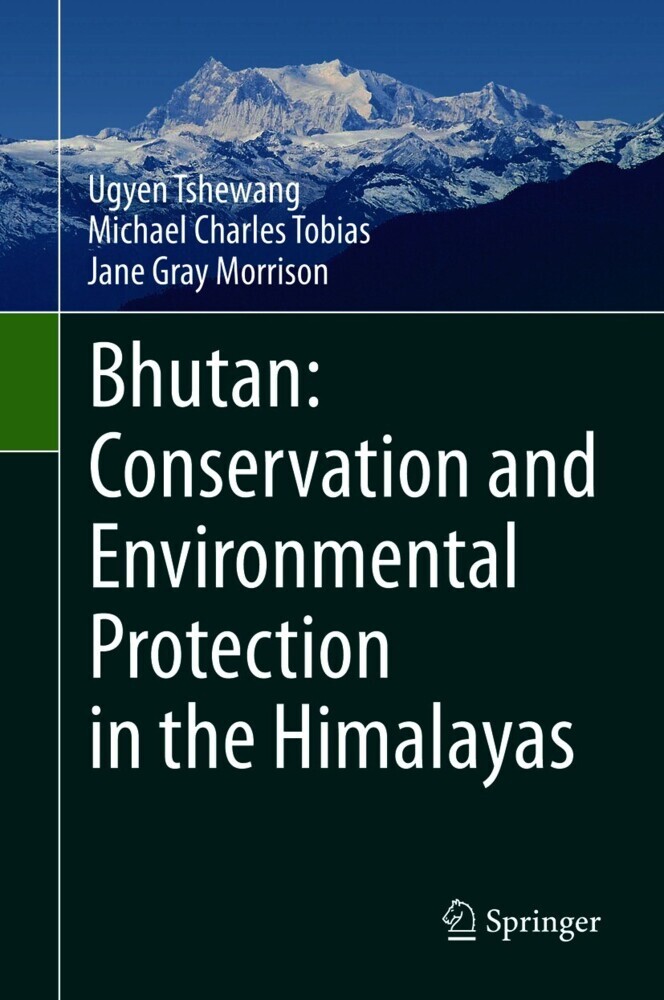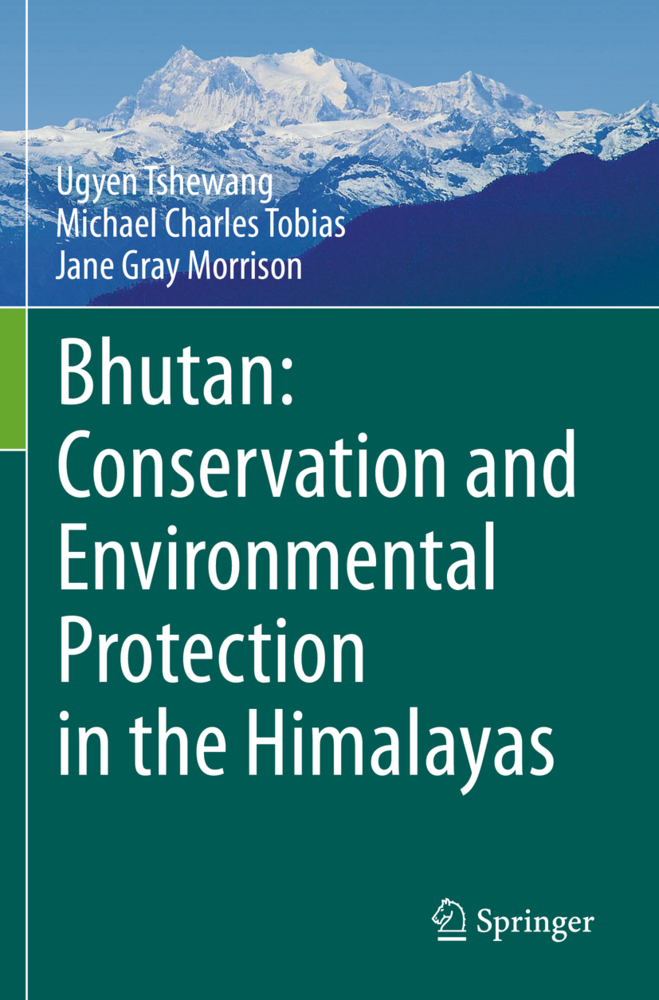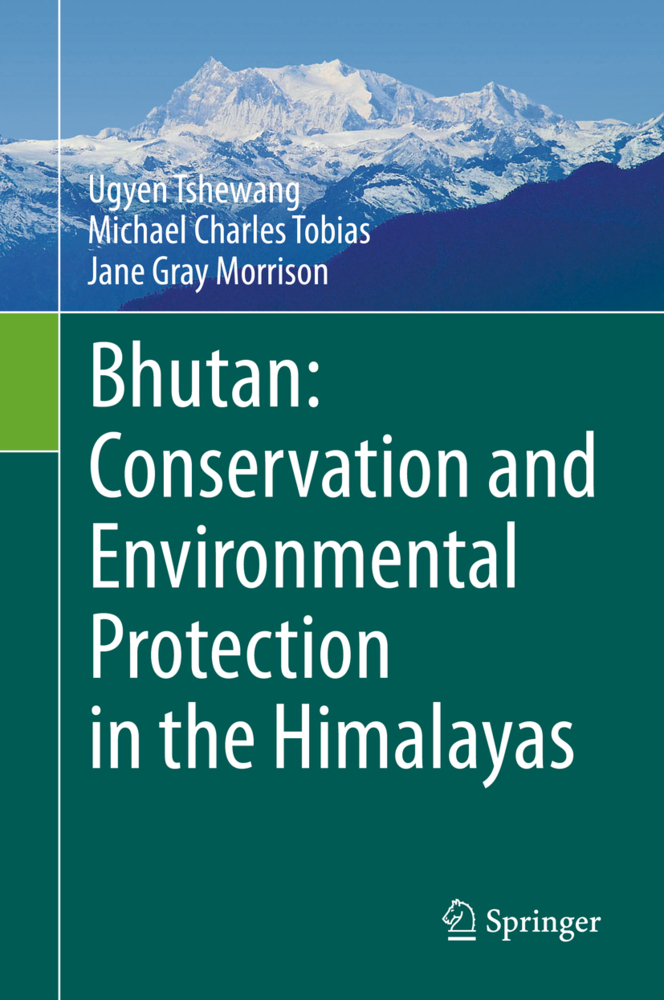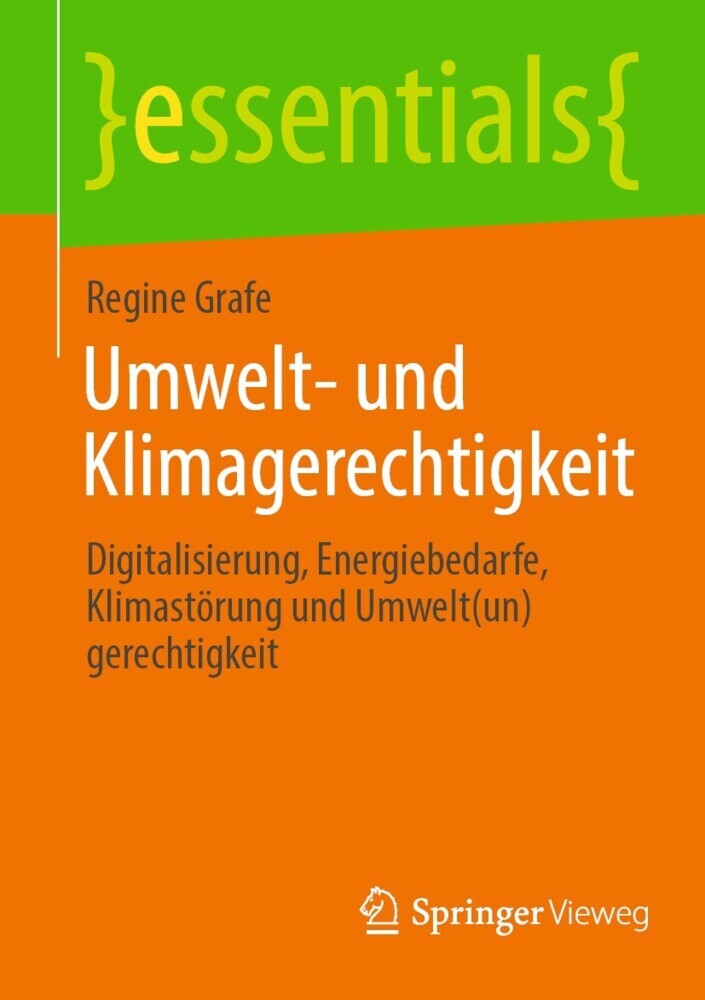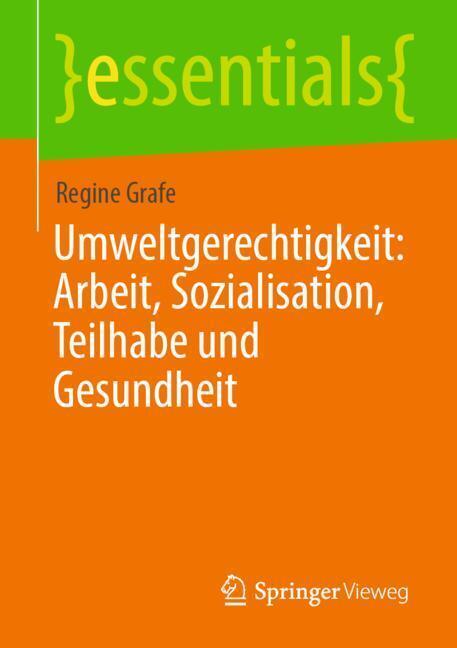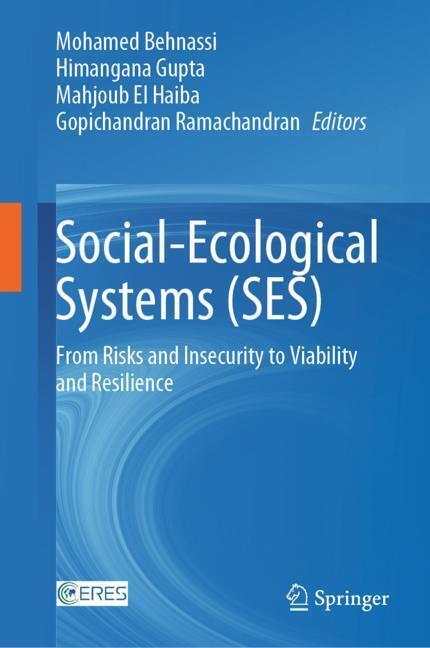Bhutan: Conservation and Environmental Protection in the Himalayas
Bhutan: Conservation and Environmental Protection in the Himalayas
Located in the heart of the Eastern Himalayas, Bhutan practices the philosophy of Gross National Happiness ('GNH') that embraces environmental conservation as one of the main building blocks for its sustainable development goals. Bhutan's conservation strategies and success are largely driven by the strong political will and visionary leadership of His Majesty the King of Bhutan The nation's Buddhist perspectives regarding a deep and abiding respect for nature; and the strategic enforcement of a wide-ranging stringent set of internal regulations and controls have helped ensure ecological gold standards in Bhutan. Moreover, the country is an active member of the international conservation community by fulfilling its implementation of various Multilateral Environment Agreements. While it emerged into the 21st century as one of the 36 global terrestrial 'hotspots' in biological diversity conservation ranks, Bhutan's sheer commitment with more than 51% of its territory being managed under the explicit status of a protected area network, and more than 70% of the land under forest cover, represents Bhutan's exemplary dedication to protect the planet despite its smallness in size and economy, and the biological fragility exemplified by its hotspot situation. In the face of imminent severe threats of global warming, Bhutan nonetheless exemplifies the truth that 'a small country with a big conservation commitment' can make an enormous contribution to the global community.
At the regional level, Bhutan is intent upon protecting the Water Towers of Asia (that glacial expanse of the Himalayas) which is a critical resource bulwark for about one-fifth of the global population downstream in South Asia. Such protections invariably help mitigate climate change by acting as a nation-wide carbon sink through its carbon neutral policies. In short, Bhutan has long represented one of the world's foremost national guardians of biodiversity conservation, ecological good governance, and societal sustainability at a period when the world has entered the Anthropocene - an epoch of mass extinctions.
We envision this publication to be ecologically and ethically provocative and revealing for the concerned scientific communities, and governments. Through an extensive review of the scientific and anthropological literature, as well as the research team's own data, the Author's have set forth timely recommendations for conservation policies, strategies and actions. This book provides technical and deeply considered assessments of the state of Bhutan's environment, its multiple, human-induced stressors and pressures; as well as extremely sound, practical techniques that would address conservation strategies in the Himalayas and, by implication, worldwide.
Ugyen Tshewang is the first Bhutanese scientist who received his PhD in natural science and ecodynamics affecting livestock and populations at the University of Queensland, Australia. During his long illustrious career in the Royal Government of Bhutan, he was the Secretary of National Environment Commission - the country's apex institution of environment sector, founding Director of the National Biodiversity Centre establishing the National Gene Bank, the National Herbarium and Botanic Gardens; and served as the Governor of the country's eastern-most province, Trashiyangtse. Besides his numerous research publications, he led the task force representing multiple stakeholders to develop the Biodiversity Act and various environmental laws and policies of the country. Dr Tshewang was also the national focal point for Multilateral Environment Agreements dealing with the United Nation Framework Convention on Climate Change (UNFCCC), the Convention on Biological Diversity (CBD), the Basel Convention and the Montreal Protocol.
Michael Charles Tobias is a global ecologist, anthropologist, historian, explorer, author and filmmaker. He obtained his Ph.D. in the Department of History of Consciousness from the University of California-Santa Cruz and has conducted field-research in nearly 100 countries.. Tobias is the author of more than 45 books (both fiction and non-fiction, as well as several edited anthologies). In addition to his numerous books and published research papers, he has written, directed, produced, executive produced or co-executive produced well over 100 films - TV series, documentaries and dramas, most pertaining to environmental, cultural, social or scientific issues. A former Professor at Dartmouth, the University of California-Santa Barbara, the University of New Mexico-Albuquerque and elsewhere. In 1996, Dr Tobias received the 'Courage of Conscience Award' for his commitment to nature and non-violence. In 2004 he was the recipient of the Parabola Focus Award for his long-standing body of work aimed at creating a better world. Dr. Tobias is the long-time President of the Dancing Star Foundation (www.dancingstarfoundation.org).
Jane Gray Morrison is an ecologist whose work has taken her to over 30 countries. As a filmmaker, Ms. Morrison has produced numerous films for such networks as Discovery, PBS (where she also Co-Directed 'A Day in the Life of Ireland' for Irish Television and WNET/New York), 'Hotspots' (www.hotspots-thefilm.com) and Turner Broadcasting for which she served as Senior Producer for 'Voice of the Planet,' a 10-hour dramatic series based upon the history of life on Earth. Her books include 'Sanctuary: Global Oases of Innocence' (www.sanctuary-thebook.com; 'Donkey: The Mystique of Equus Asinus;' 'God's Country: The New Zealand Factor;' and 'No Vacancy.' She has co-written five books published by Springer. Since 1999, Jane Morrison has served as the Executive Vice President of Dancing Star Foundation a non-profit organization that focuses on the interdisciplinary humanities and social justice movements as they concern humankind's relationship to the natural world.
Tshewang, Ugyen
Tobias, Michael Charles
Morrison, Jane Gray
| ISBN | 9783030578244 |
|---|---|
| Artikelnummer | 9783030578244 |
| Medientyp | E-Book - PDF |
| Copyrightjahr | 2021 |
| Verlag | Springer-Verlag |
| Umfang | 353 Seiten |
| Sprache | Englisch |
| Kopierschutz | Digitales Wasserzeichen |

